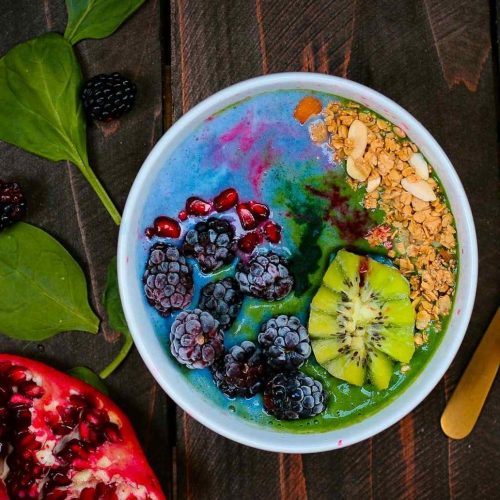How to Drink Alcohol Safely and Sustainably
The post-Christmas detox period is officially over. Whether you gave up alcohol for January or not, you have probably by now resumed your normal drinking habits. But are your “normal” drinking habits healthy or are they doing you more harm than good?
Hangovers are a clear sign that your body is suffering and that you have overloaded your liver. However, while a glass of wine with dinner may not result in a piercing headache the next day, you could still be overdoing it. As well as the amount of alcohol you consume, you should consider where your alcohol comes from and how it is produced. Do your cocktails come from sustainable sources? Is your wine processed with animal products? Depending on the alcohol you buy and consume, you can influence your physical health, your mental health and the health of our planet.
How much alcohol should I be drinking?
As well as metabolising alcohol, your liver has many other important functions. If you are repeatedly loading your liver with alcohol, it will prioritise breaking this down over its other responsibilities. Moderate alcohol consumption is typically defined as one standard drink per day for women and two standard drinks per day for men, with a standard drink containing 14g of pure alcohol. Examples of standard drinks include 335ml of beer, 227-256ml of malt liquor, 148ml of wine or 44ml of 80-proof spirits. When you drink at home you are responsible for your serving sizes, and simply by being a little generous with your pouring you could be exceeding the recommended serving sizes and increasing your risk of negative health consequences. Regularly consuming above the recommended amount of alcohol can increase your risk of certain cancers, stroke, heart disease, liver disease, brain damage and damage to the nervous system. However, moderate alcohol consumption is associated with health benefits, so in practising portion control you can enjoy alcohol as part of a healthy lifestyle.

Are some types of alcohol healthier than others?
Wine, particularly red wine, is believed to have health benefits due to its high concentration of the antioxidant resveratrol. Resveratol may improve blood cholesterol levels and reduce the risk of diseases such as depression, cancer and diabetes. Clearer alcohols like gin and vodka tend to be lower in calories when served alone, however sugar-laden mixers can result in excess calorie intake which in the long term can lead to weight gain. Beer is high in calories and carbohydrates so should be consumed mindfully and in moderation. Light beers and wines are good alternatives as they are lower in alcohol concentration and calories.
How can I enjoy alcohol as part of a healthy and sustainable lifestyle?
Organic alcohol is produced in a way that promotes the sustainability of our planet. Companies producing organic alcohol aim to minimise their impact on the environment by using alternative energy sources, reducing waste and recycling. Some even use their profits to support organisations involved in protecting our environment. As non-organic alcohols are produced using a variety of unnatural chemicals, they may be a threat not only to the environment but also to human health. Pesticides, herbicides, fungicides and other additives such as sulfur are some examples of the toxic chemicals used in the production of non-organic alcohol. To protect your body and the environment from these substances, always opt for organic alcohols. While organic alcohols are not produced using chemicals that are harmful to the environment, they may still be refined with animal-derived additives such as egg whites and animal enzymes. For the most environmentally friendly option, choose alcohols which are both organic and vegan!




